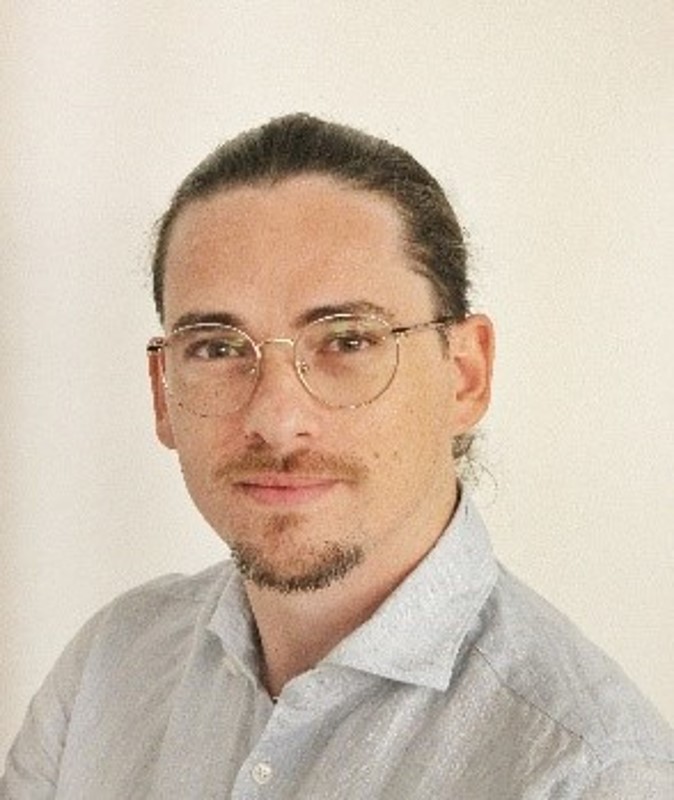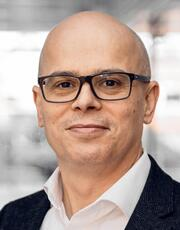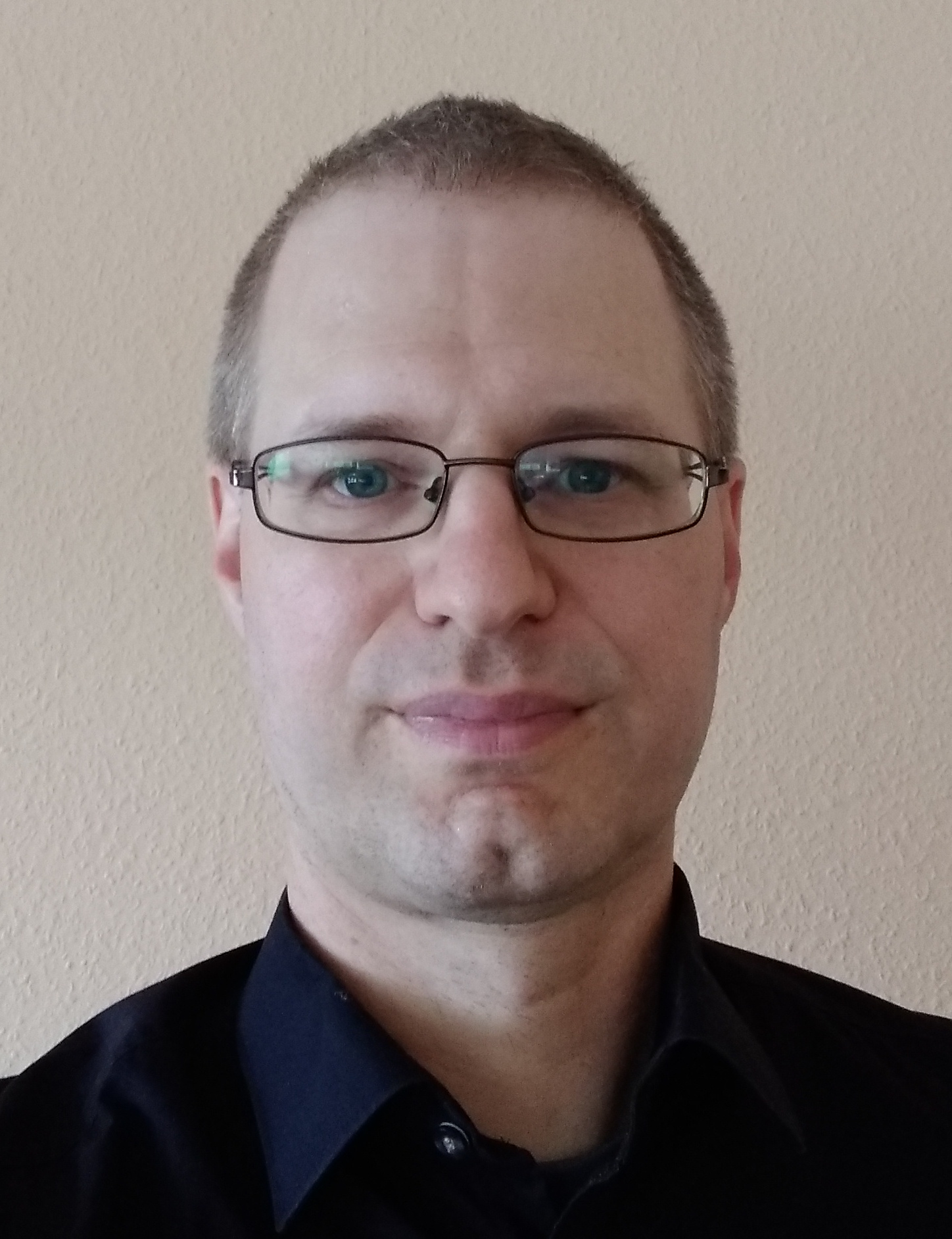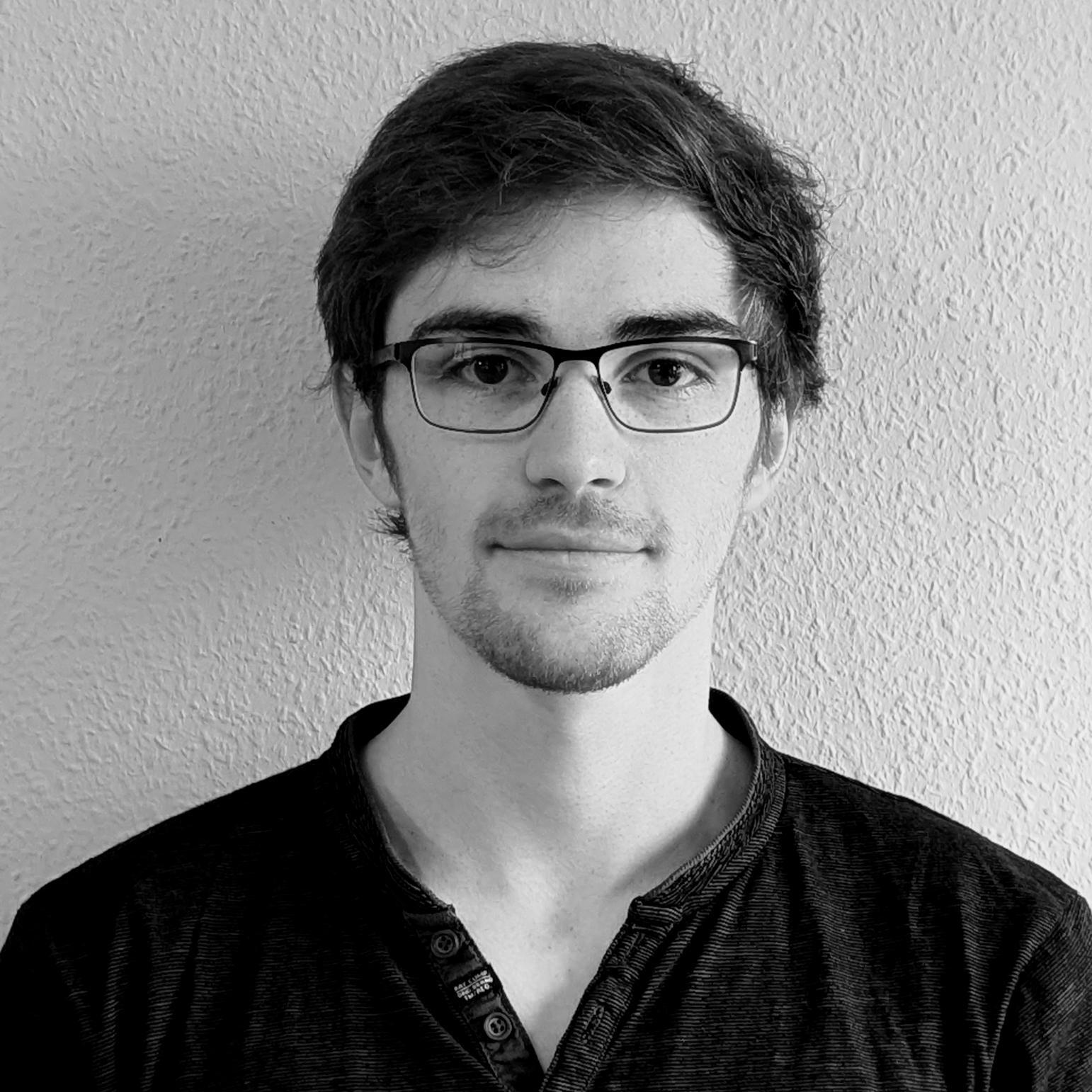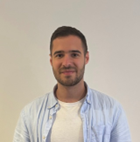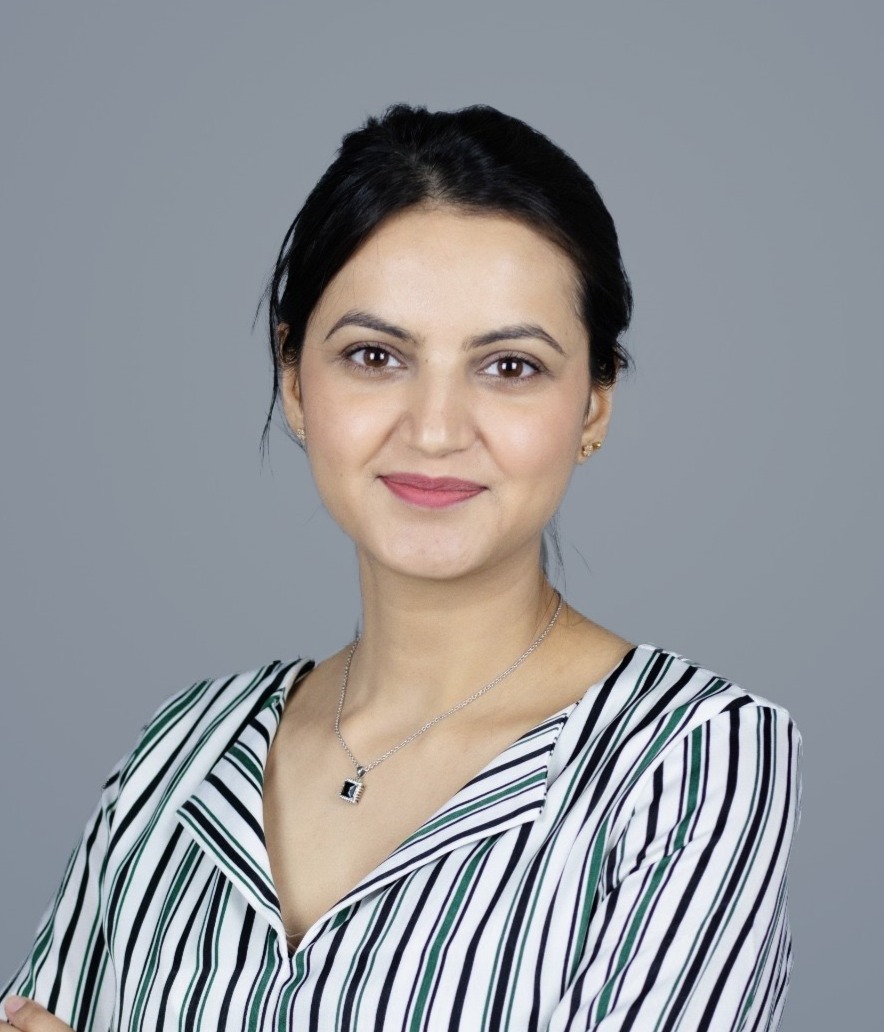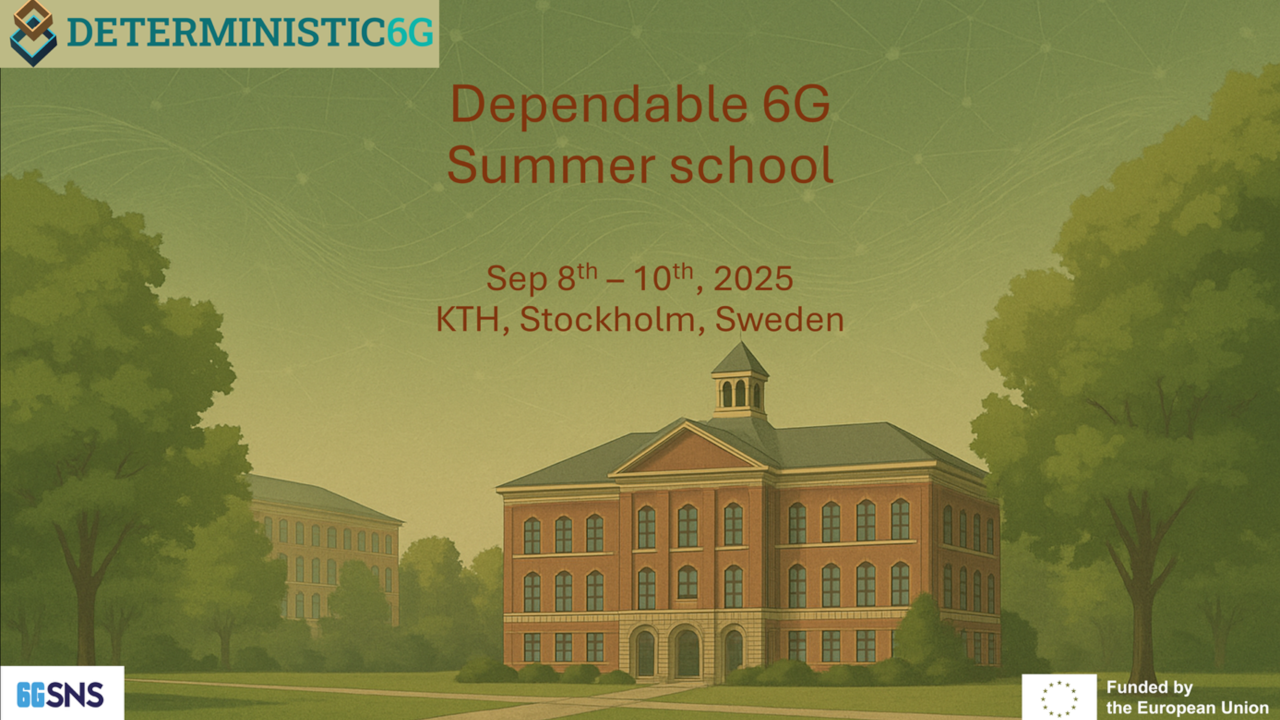
KTH Main Campus
Lectures: 09:00 - 12:00 and 13:00 - 14:30
Exercises: 15:00 - 16:30
*Participation is free, but limited to 50 participants
This summer school and summit are organized under the EU funded smart networks and
services (SNS) joint undertaking (JU) project DETERMINISTIC6G under the grant
agreement No. 101096504.
DETERMINISTIC6G in a blink
DETERMINISTIC6G developed architectures and algorithms for scalable and converged future network infrastructures to enable dependable end-to-end (E2E) time-critical communication across wired and 6G wireless domains. The developments were carried out under the project:
- Deterministic services including Key Performance Indicators (KPIs) and Key Value Indicators (KVIs) for 6G visionary use cases
- 6G features for deterministic wireless transmission and wireless-friendly enhancements for Time-Sensitive Communication (TSC)
- Artificial Intelligence (AI/ML) based techniques for data-driven latency characterization of 6G systems
- 6G time synchronization to improve E2E time awareness and new concepts for deterministic edge cloud
- Security architecture for 6G deterministic communication
- Validation framework for new 6G concepts
Aim of the summer school
This Summer School is designed to (a) communicate the key findings of the DETERMINISTIC6G project, (b) provide a forum for the discussion of what dependability in 6G will comprise of, and (c) meet key industrial and academic researchers in the field.
Highlights:
The summer school will last for three days, providing a mix of keynotes, deep dive lectures, and practical exercise sessions all at the KTH campus
- Collaborate and learn from key experts
- Create meaningful connections with fellow doctoral researchers and professionals
- Expand your professional network in an international context
- Engage in interactive exercises enhancing hand-on skills and group work
- Summer school will be followed by a summit hosted at Ericsson in Kista, Sweden. The summit will be a one-day event featuring keynotes, expert talks, and poster sessions highlighting deterministic 6G networks. Visit our webpage for a detailed agenda and registration to the summit.
Who should participate?
- M.Sc. and PhD students
- Academic and industrial researchers interested in the field of 6G
- Background in mobile communications and networking would be advantageous, all material will be self-contained
- The summer school is an onsite event where 50 participants will be invited
Agenda
Lectures and exercises: 09:00 – 12:00, 13:00 – 14:30, and 15:00 - 16:30
Lectures
Title: Differentiated Connectivity and Dependable Communication, Enablers in future Mobile Networks
Speaker: Joachim Sachs
Description: Mobile networks have evolved with improving capabilities over the last decades. With the digitalization of enterprises and society, there is an increasing potential of innovation by leveraging mobile connectivity. To realize the true value of wireless connectivity, it is desirable to transform connectivity into a platform with industry aligned specifications that expose the wireless connection characteristics via APIs. This will enable application service providers in making innovations based on connectivity performance levels matching the application demands. For the telco industry it enables a move into performance-based business models. To allow applications to perform business-critical, mission-critical or society-critical tasks, furthermore assurance is needed that the connectivity service will deliver the minimum level of performance required by critical applications. To this end a thorough approach towards dependable connectivity is needed. The lecture will provide an outlook for mobile networks towards differentiated connectivity and dependable communication.

Joachim Sachs studied electrical and electronics engineering at RWTH Aachen University, ENSEEIHT Toulouse, NTNU Trondheim, and University of Strathclyde Glasgow. He received a diploma degree from RWTH Aachen University and a Ph.D. degree from Technical University Berlin. He is currently Senior Expert at Ericsson Research and has more than 25 years of experience in mobile telecommunication from 2G to 6G. His research interests include 5G and 6G mobile networks for the Industrial IoT and enterprise use cases, including cross-industry research collaborations. In 2009, Joachim was a Visiting Scholar at Stanford University. He was awarded as Ericsson Inventor of the Year in 2006, has received the Research Award of the Vodafone Foundation for Scientific Research in 2010, and was awarded as Ericsson Top Performer in 2019. He is the Co-Chair of the Technical Committee on Communication Networks and Systems of the German VDE Information Technology Society and a VDE ITG Fellow. He is further co-chair of the working group Resilient-by-Design of the 6G Platform Germany. He holds numerous patents and has published three books, two book chapters, and around 90 papers in international journals and conferences. He is a regular invited speaker and a co-organizer of workshops, panels, sessions, and journal special issues.
Title: Machine Learning Architectures for KPI Predictions
Speaker: James Gross
Description: Over the last several years, more and more research has studied the application of ML techniques for different prediction tasks in mobile networks. Among them, short-, mid- and long-term predictions of KPIs over different network layers have been considered. Given our own key contributions to this field, in this unit we will introduce (a) the basics of different machine learning architectures and training algorithms, followed by (b) approaches and results when applying these architectures to the problem of predicting KPIs in mobile networks.
Exercises
During the exercises, students will build simple models and study their performance against previously collected data from a live network.
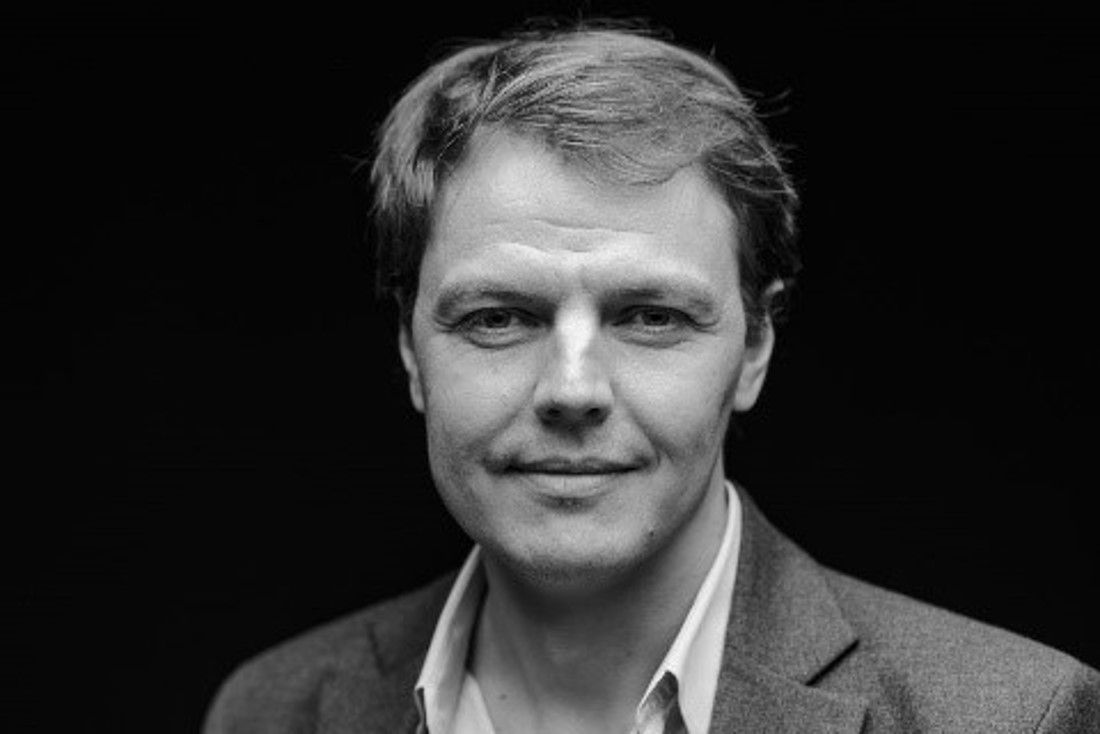
James Gross is a professor with the Electrical Engineering and Computer Science School of KTH Royal Institute of Technology, Stockholm since November 2012. He is associate director of KTH Digital Futures anda co-director of KTH’s comptence center on edge computing TECoSA. From 2014 – 2020 he was a member of the board of KTH’s Innovative Centre for Embedded Systems, while he served from 2016 – 2019 as director for KTH’s ACCESS Linnaeus Centre. His research interests are broadly in the area of mobile systems & networks, with a focus on critical machine-to-machine communications, edge computing, resource allocation as well as performance evaluation methods (in particular stochastic network calculus as well as age of information). Prior to joining KTH, he was assistant professor and head of the Mobile Network Performance Group at RWTH Aachen University from 2008 – 2012 as well as a member of the DFG-funded UMIC research centre of RWTH. James studied at TU Berlin and UC San Diego, and received his PhD from TU Berlin in 2006. James has published about 150 (peer-reviewed) papers in international journals and conferences. His work has been awarded multiple times, among them the best paper awards at ACM MSWiM 2015, the best demo paper award at IEEE WoWMoM 2015, the best paper award at IEEE WoWMoM 2009 and the best paper award at European Wireless 2009. In 2007, James was the recipient of the ITG/KuVS dissertation award for his PhD thesis. James currently serves as Editor for IEEE Transactions on Wireless Communications.James’ work has been funded by various different agencies and projects, among them the national science foundation in Germany DFG, the national science foundation in Sweden VR, the ICT TNG SRA in Stockholm, the Linnaeus ACCESS centre, the DFG-funded UMIC center in Aachen, the ministry of science in Germany, the Swedish VINNOVA as well as direct support from different companies. Apart from publications, his work has had impact on wireless networking standards and led to about 10 patents.

